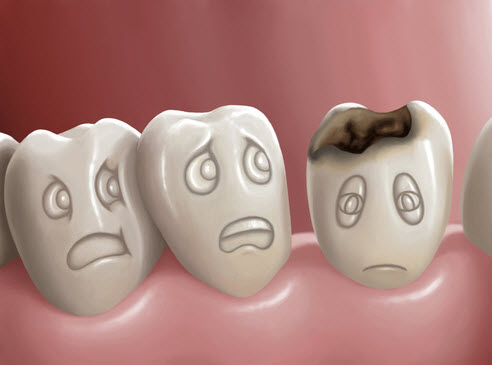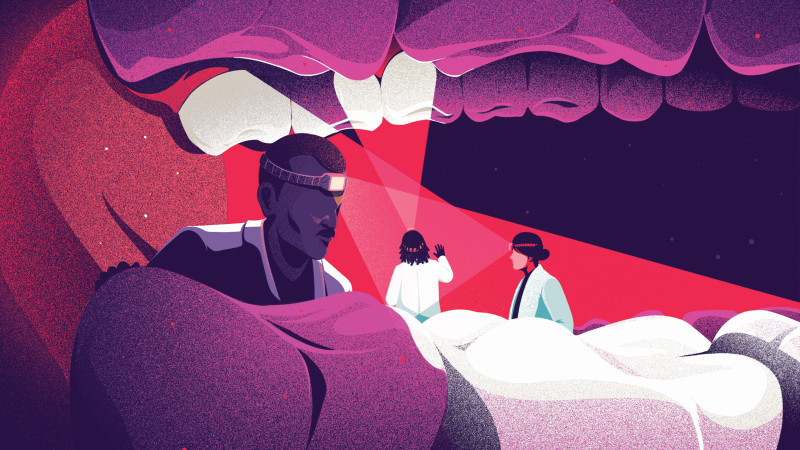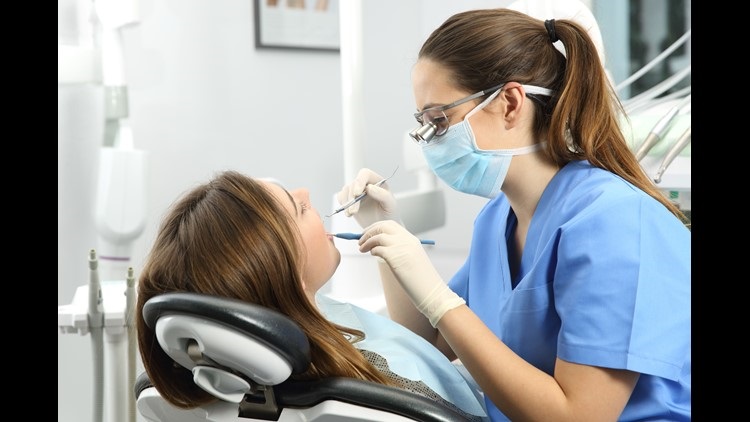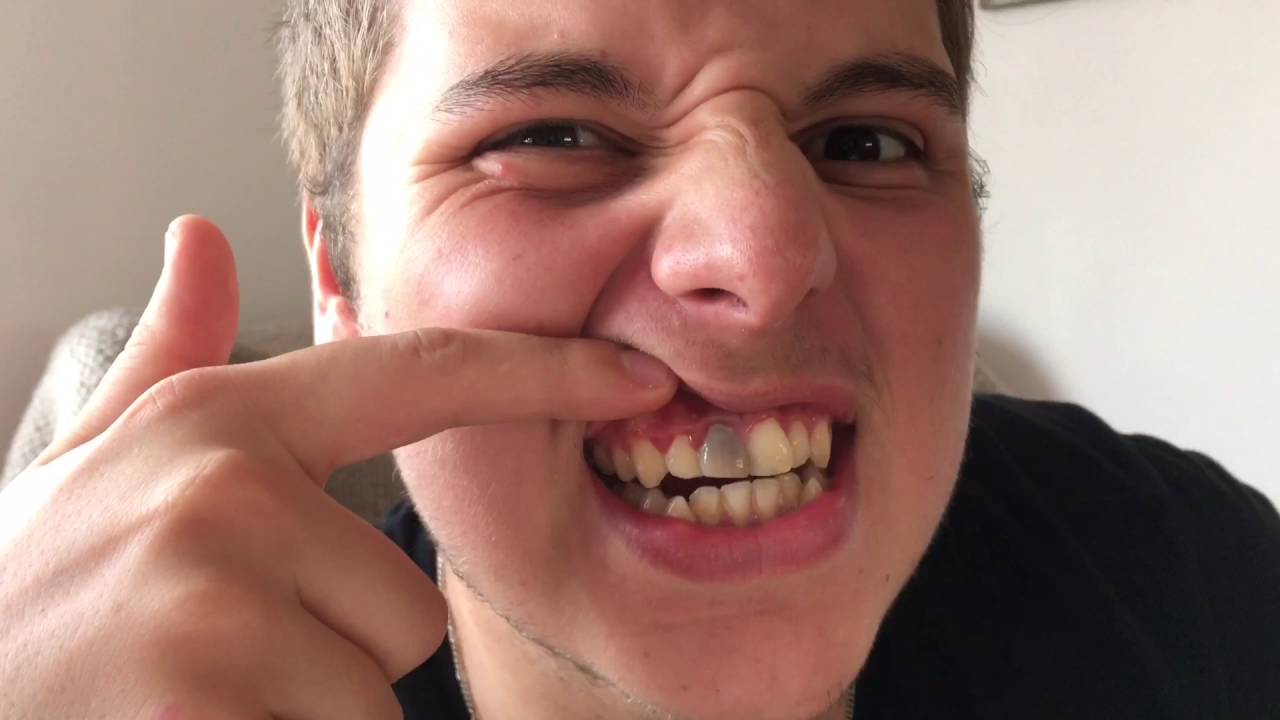Top Tips for Dealing With Dental Phobia
 If you know someone with dental phobia who refuses to go to the dentist there are a few tips that could help:
If you know someone with dental phobia who refuses to go to the dentist there are a few tips that could help:
- Encourage them to visit a dentist just for a chat to discuss their phobia and how the dentist can help manage it.
- Some dentists specialise in phobias and can help alleviate fears.
- Dental sedation can be administered before treatment to keep you comfortable or asleep during procedures.
"Many dentists are experienced in helping patients with dental phobia get the care they need without experiencing debilitating stress and anxiety over the event."
Read the full story here: https://yourdentalhealthresource.com/do-you-have-severe-dental-phobia-heres-how-your-dentist-can-help/









 Black teeth can be indicative of dental decay, infection, or a dead nerve inside the tooth. This is why seeing a dentist is important. However, it is just as prudent to appreciate a handful of worthwhile prevention tips. What steps can you take to retain the colour of your teeth?
Black teeth can be indicative of dental decay, infection, or a dead nerve inside the tooth. This is why seeing a dentist is important. However, it is just as prudent to appreciate a handful of worthwhile prevention tips. What steps can you take to retain the colour of your teeth? 


